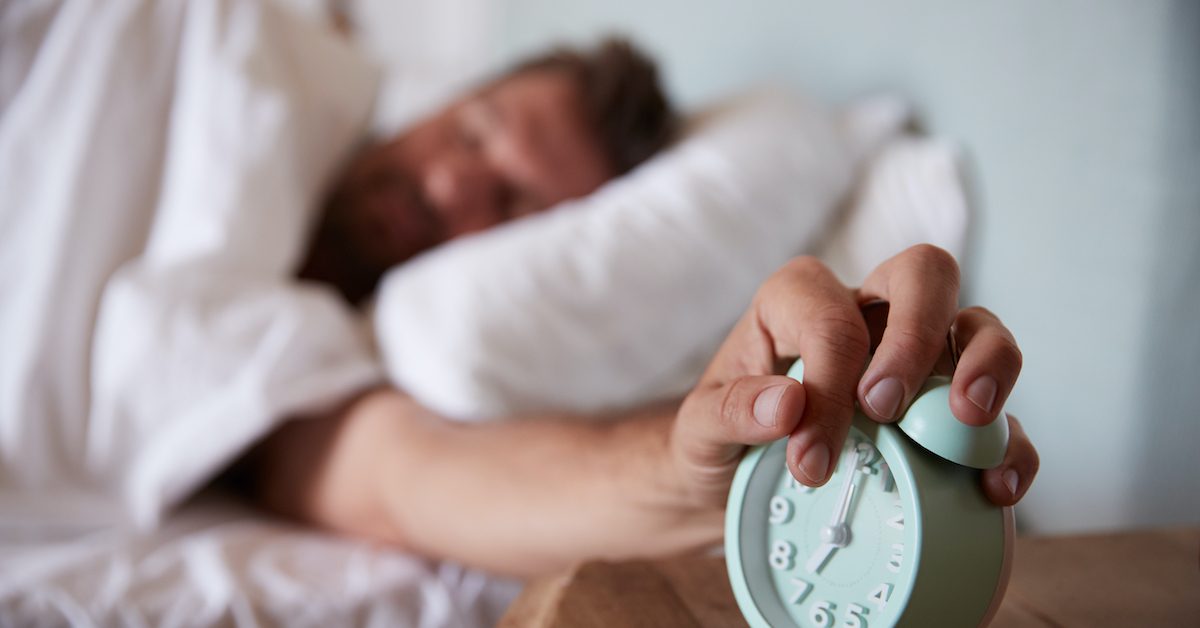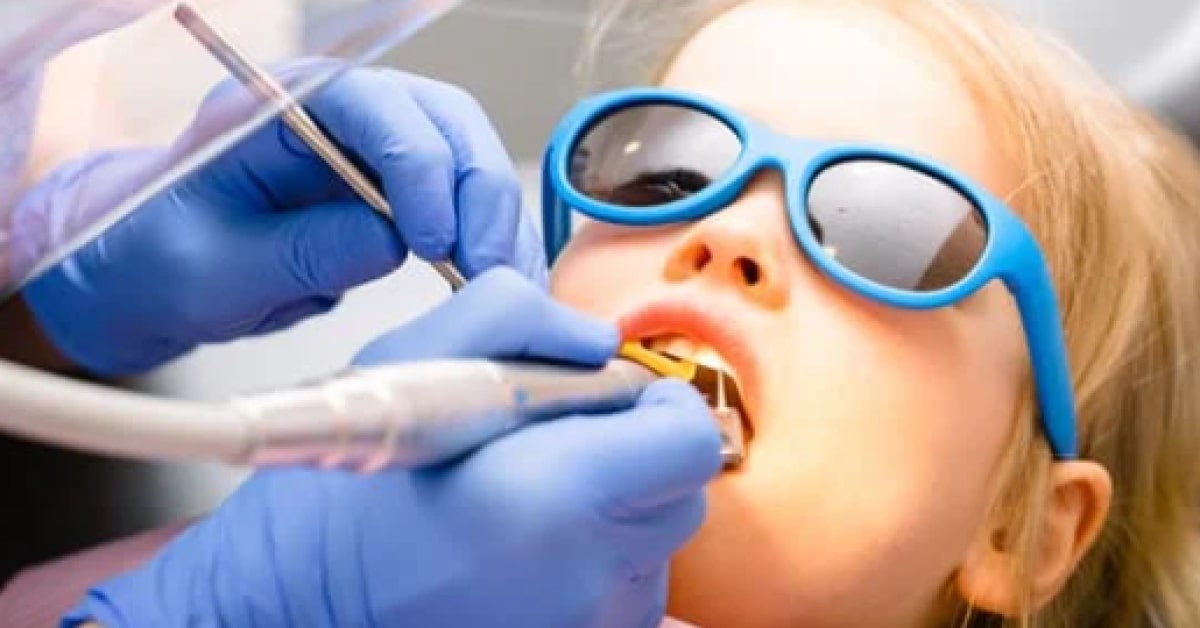Blog
February 17, 2020 • 5 min read7 Tips to Get the Best Night’s Sleep
Getting enough sleep is crucial for overall health, as it improves brain function, reduces inflammation, prevents depression, boosts the immune system, and lowers the risk of heart disease. Here are seven tips for getting the best night's sleep.
Author

Joe Magness, DDS
Devdent CEO

In this Article
Getting both the right quantity and quality of sleep is important for every aspect of health. A good night’s sleep is linked to healthy brain function, including creativity, productivity, and concentration. On top of that, sleep is said to lower inflammation, prevent depression, give the immune system a boost, and even lower the risk of heart disease. If you’re not getting the recommended seven to nine hours for adults, then these seven tips to get the best night’s sleep are for you.
1. If your bed and pillows aren’t comfortable, fix it.
There are a lot of things that go into making a bed perfect for sleep. If your mattress is over nine or ten years old, it is probably due for a replacement. On the other hand, an uncomfortable mattress, no matter the age, should also be replaced or at least have a mattress topper added. Next, your pillow should be comfortable and supportive for your sleep position. For example, side sleepers need more support from their pillow to avoid shoulder pain. Then, there are even optional add-ons like a weighted blanket or breathable duvets to ensure you don’t get too hot at night.
2. Lower your thermostat.
A cool, dark room is the best environment for optimal sleep. The National Sleep Foundation says that the recommended bedroom temperature is 60 to 67 degrees Fahrenheit. This is because your body temperature decreases to fall asleep. A warm room makes that process take longer, which makes falling asleep take longer.
3. Eliminate light from your bedroom at night.
While the little green light from the TV or the numbers on your alarm clock don’t seem like a lot of light, your brain sees it differently. Your body’s circadian rhythm, the internal clock that regulates sleep, is controlled by the same part of the brain that responds to light. Light signals the brain that it’s time to wake up, so keeping your room as dark as possible when it’s time to sleep will make a difference. Alternatively, if you want to wake up easier in the morning, exposure to sunlight will help!
4. Stick to a sleep routine.
One of the greatest tips to get the best night’s sleep is to build on your body’s natural inclination to stick to a circadian rhythm by sticking to a sleep routine. Go to bed and wake up at close to the same time every day, even on weekends. If you have to wake up early on weekdays, it may seem alright to “catch up on sleep” on the weekend. However, it actually throws off your body’s sleep schedule. That’s why it’s so hard to wake up early on Monday after staying up late or sleeping in all weekend.
5. Be mindful of napping.
Speaking of sleep routines, daytime naps can also throw off your body’s sleep schedule. Napping is all about knowing the sleep cycles. A 20-minute nap will keep you in the light sleep stages of non-REM sleep, allowing you to wake up refreshed. If you nap for 30 to 60 minutes, you will be in a deeper sleep stage and wake up feeling more tired than before. The last option is a 90-minute nap, as it will allow you to complete a full sleep cycle.
6. Avoid eating and drinking too late in the evening.
A heavy meal, spicy food, alcohol, and caffeine late in the day are all potential sleep disruptors. On rare occasions, it may not be an issue. But, if you regularly eat dinner late at night, you may want to rethink your schedule. Setting an alarm on your phone to signal your “wind-down” time can help you keep track of the time and avoid these things.
7. Create a soothing bedtime routine.
You can be creative with this tip to get the best night’s sleep based on what you like and what you discover affects your sleep the most. Blue light from electronics activates the brain, so experts recommend avoiding bright screens after a certain hour. Alternative activities that positively contribute to sleep include:
- Drinking a warm beverage, especially chamomile or lavender tea.
- Taking a warm bath or shower.
- Listening to soothing music.
- Meditating or practicing deep breathing exercises.
- Doing yoga (only light yoga as exercise right before bed can disturb sleep).
What to do if you’re still not getting a good night’s sleep?
If you have tried everything and still struggle to get a good night’s sleep, it is best to consult a healthcare provider to rule out a potential sleep disorder. You may think you would notice if you have a sleep disorder, but it is estimated that 80% of the people with moderate to severe sleep apnea are undiagnosed. You don’t even have to schedule an extra doctor’s appointment, talk to your dentist on your next visit for a cleaning or check-up! Sleep disorders are often based around your mouth and jaw position affecting your breathing, so dentists are actually trained in sleep medicine. In many states, your dentist can provide you with a home sleep test that a board-certified sleep specialist will review and provide a diagnosis from. When it is as easy as that, you don’t have to be part of the 80% living with an undiagnosed sleep disorder.



